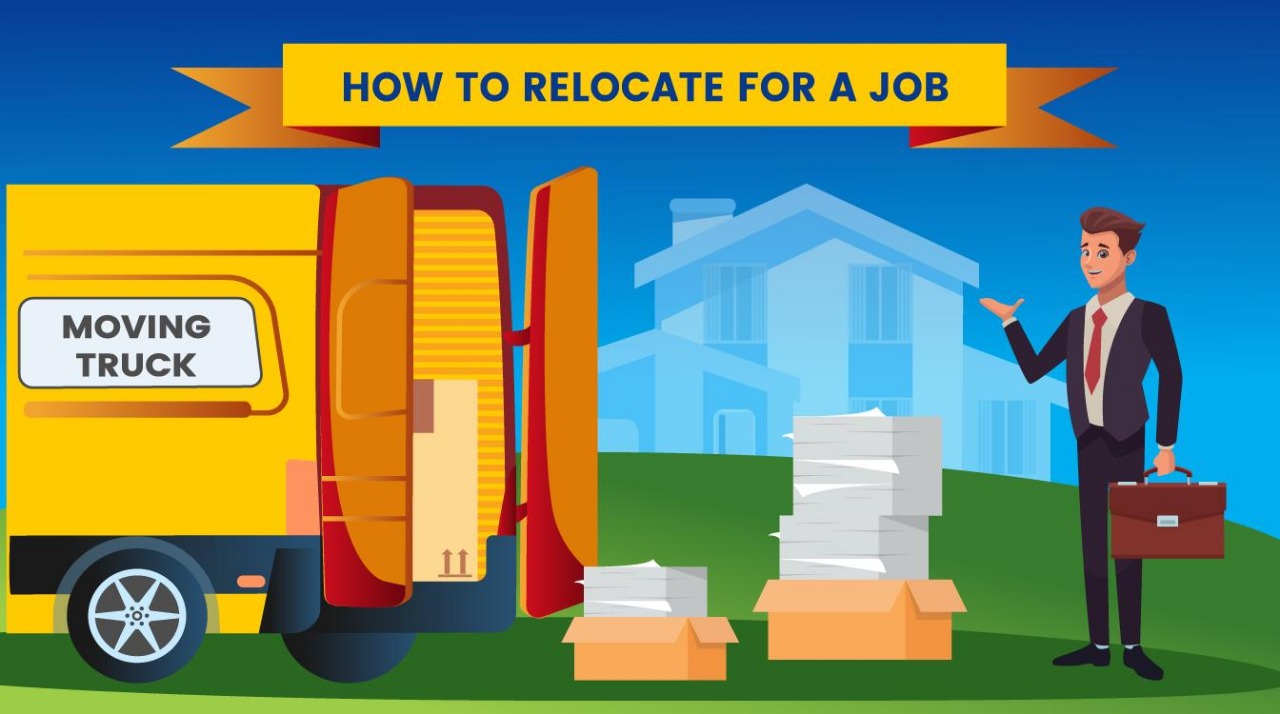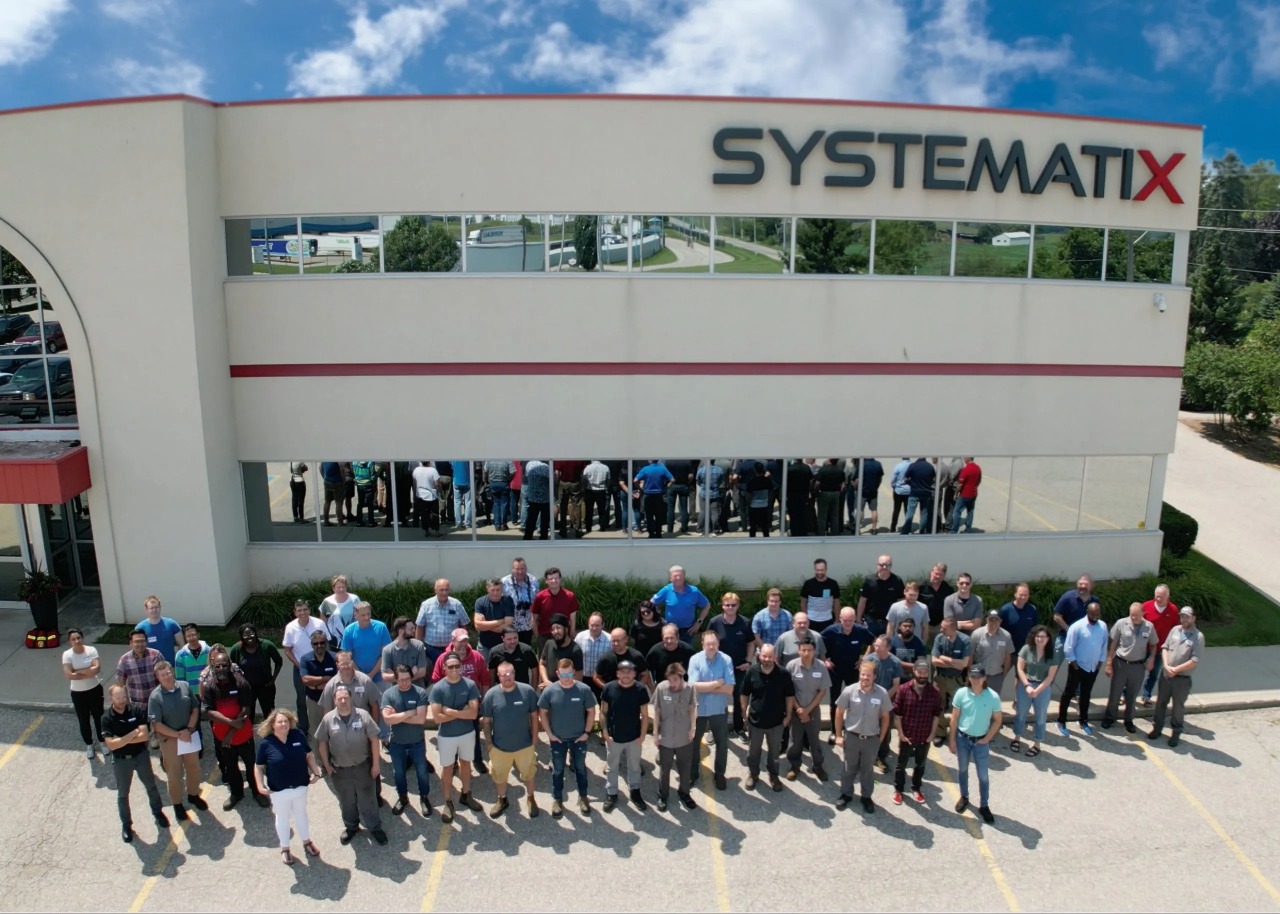
Follow WOWNEWS 24x7 on:

Relocating to a new city for a job can be a thrilling leap forward in your career—but if not planned wisely, it can also be a financial minefield. From hidden moving costs to adjusting to a new cost of living, the transition can strain your budget and peace of mind. Whether you're moving for a promotion, a fresh start, or a dream opportunity, strategic planning is key to making the shift smooth and affordable.
Here’s a comprehensive guide to relocating for work in 2025 without wrecking your finances.
1. Understand Your Relocation Benefits
- Before accepting the offer, clarify what relocation support your employer provides
- Some companies offer financial assistance for moving expenses, temporary housing, or cost-of-living adjustments
- Ask about corporate relocation programs or partnerships with moving services that could reduce your out-of-pocket costs
- Confirm timelines, reimbursement policies, and whether benefits are taxable
2. Budget Like a Boss
- Create a detailed relocation budget that includes moving services, travel, deposits, temporary accommodation, and initial living expenses
- Factor in one-time costs like utility setup, furniture purchases, and local transportation
- Use budgeting apps or spreadsheets to track every rupee and avoid overspending
- Set aside an emergency fund for unexpected costs like delays or last-minute purchases
3. Research Your New City Thoroughly
- Explore neighborhoods based on commute times, rental rates, safety, and amenities using platforms like MagicBricks or NoBroker
- Compare the cost of living with your current city to anticipate changes in expenses
- Check local taxes, public transport options, and healthcare facilities
- Join city-specific social media groups or forums to get insider tips from locals and recent movers
4. Downsize and Declutter Before You Move
- Sell, donate, or recycle items you don’t need—this reduces moving costs and helps you start fresh
- Consider moving only essentials and buying furniture or appliances after settling in
- Use online marketplaces to sell old items and earn extra cash for your move
- Lightening your load can also make logistics easier and cheaper
5. Choose Cost-Effective Moving Options
- Compare quotes from multiple movers and packers, and check reviews before booking
- Opt for weekday or off-season moves to get better rates
- If possible, do a partial DIY move—pack yourself and hire transport only
- Ask friends or colleagues for recommendations to avoid scams or inflated prices
6. Plan Temporary Housing Wisely
- If your employer doesn’t offer temporary accommodation, look for budget-friendly serviced apartments or PGs
- Avoid signing long-term leases until you’ve explored the city and found the right neighborhood
- Use platforms like Airbnb, OYO, or Stanza Living for short-term stays
- Consider co-living spaces that offer flexibility and community support
7. Build a Support Network Early
- Reach out to friends, alumni, or colleagues in the new city for guidance and emotional support
- Attend local meetups, professional events, or hobby groups to integrate faster
- A strong network can help you navigate challenges, find deals, and feel at home sooner
8. Track and Claim Tax Deductions
- Keep receipts and records of all relocation-related expenses
- Consult a tax advisor to check if any costs are deductible under current income tax laws
- If your employer reimburses expenses, clarify how it affects your taxable income
Move Smart, Live Well
Relocating for a job doesn’t have to drain your wallet. With clear communication, smart budgeting, and thorough research, you can make the move a stepping stone—not a stumbling block. From securing relocation benefits to choosing the right neighborhood, every decision counts. Plan ahead, stay flexible, and let your career move be a financial win too.
Sources: Kuubiik, Minitzon, NRI Return to India
Please get more news Tea Renaissance 2025: Bold Flavors, Fresh Trends, and Timeless Traditions





